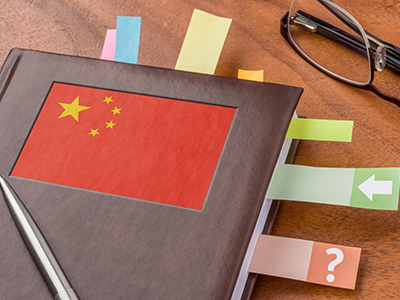How can trade secret misappropriation disputes be litigated in Chinese courts, despite the system’s lack of US-style discovery tools? Many companies, especially foreign companies, might be hesitant to even think about bringing trade secret misappropriation actions in China for many reasons, but perhaps most importantly, based on concerns over how to collect evidence. READ MORE
Litigate Trade Secret Misappropriation Disputes in Chinese Courts




